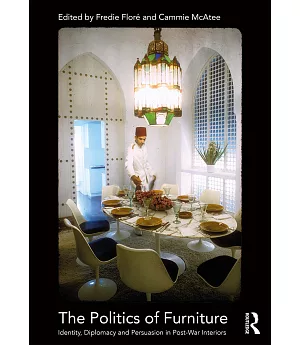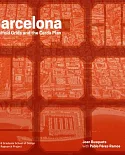Bringing together a range of international studies, this volume discusses the agency of modern furniture in post-war interiors. It argues that modern furniture played a critical and
underestimated role in the crafting of political messages in very diverse arenas between the 1940s and the 1970s. This issue is explored through three main themes. The first, ’Furniture and
Identity Politics,’ focuses on the role of furniture in the negotiation of and between different national, corporate or cultural identities. The second theme, ’Spaces of Persuasion,’ considers
the role of modern furniture and interiors in the promotion of a positive image of a corporation, institution or country through exhibitions and showrooms. The final theme, ’The Diplomacy of
Furniture,’ examines the way modern furniture and furnishings answered the explicit diplomatic mission of such highly symbolic official buildings as embassies and government offices. Taken as a
whole, the book not only sheds new light on the international distribution, changing meanings and cultural biography of modern furniture elements, it also provides new insights on their agency
within different political climates and cultures. The Politics of Furniture demonstrates the value of an in-depth discussion of a multi-faceted subject - the relationships between furniture and
the interior, questions of identity, and political and diplomatic goals - within a specific time frame and in a global context. Topics covered include the furniture and interiors of such
well-known designers as Geoffrey Bawa, Florence Knoll, Charlotte Perriand, Jean Prouvé, Eero Saarinen, and Hans Wegner, the marketing strategies of Knoll International, Olivetti, and Herman
Miller, and the politics beneath the surface of international traveling exhibitions. As well as adding depth and nuance to our understanding of these actors and events, the volume also
significantly broadens the view of post-war furniture design and interiors through consi





















